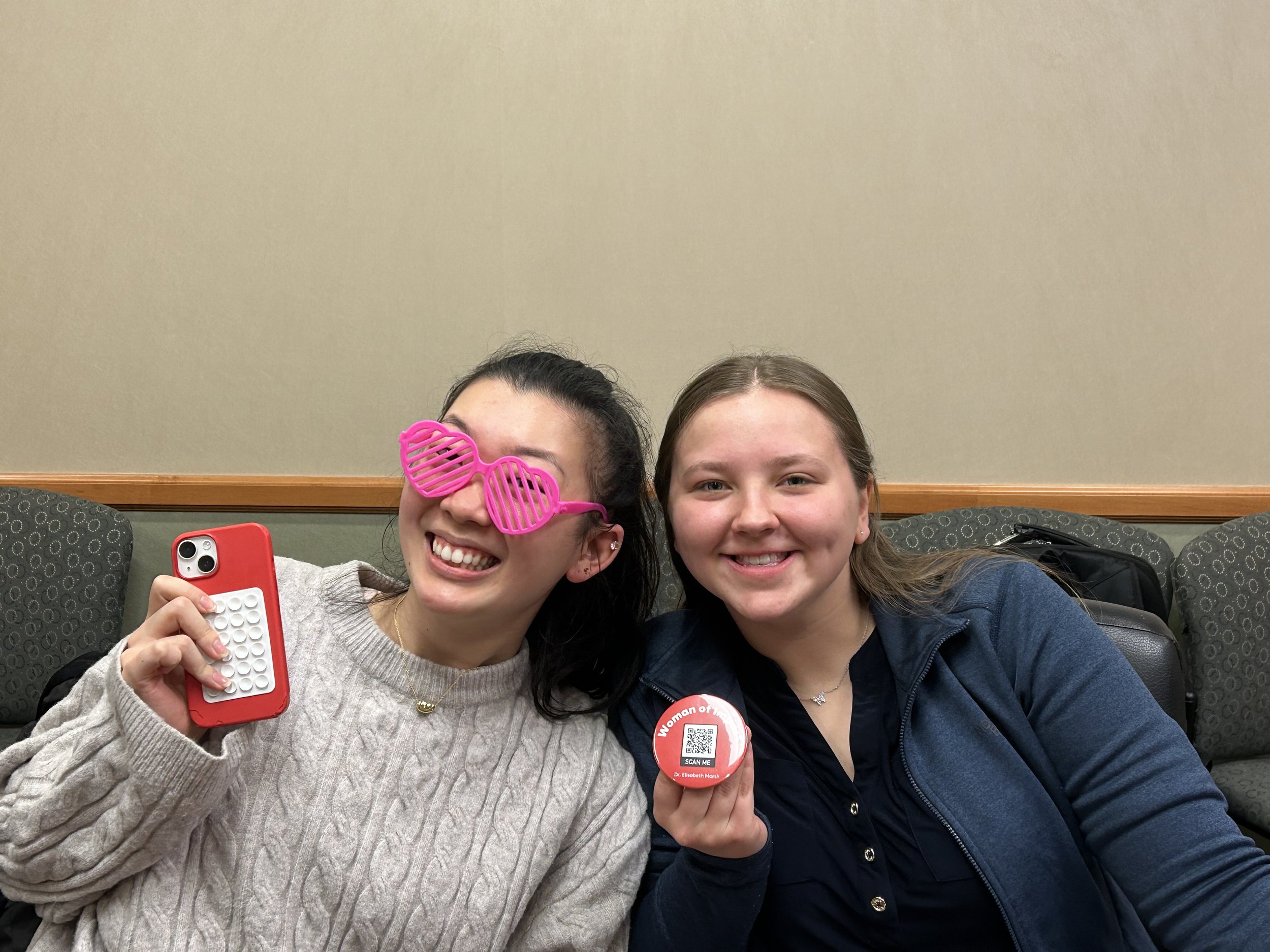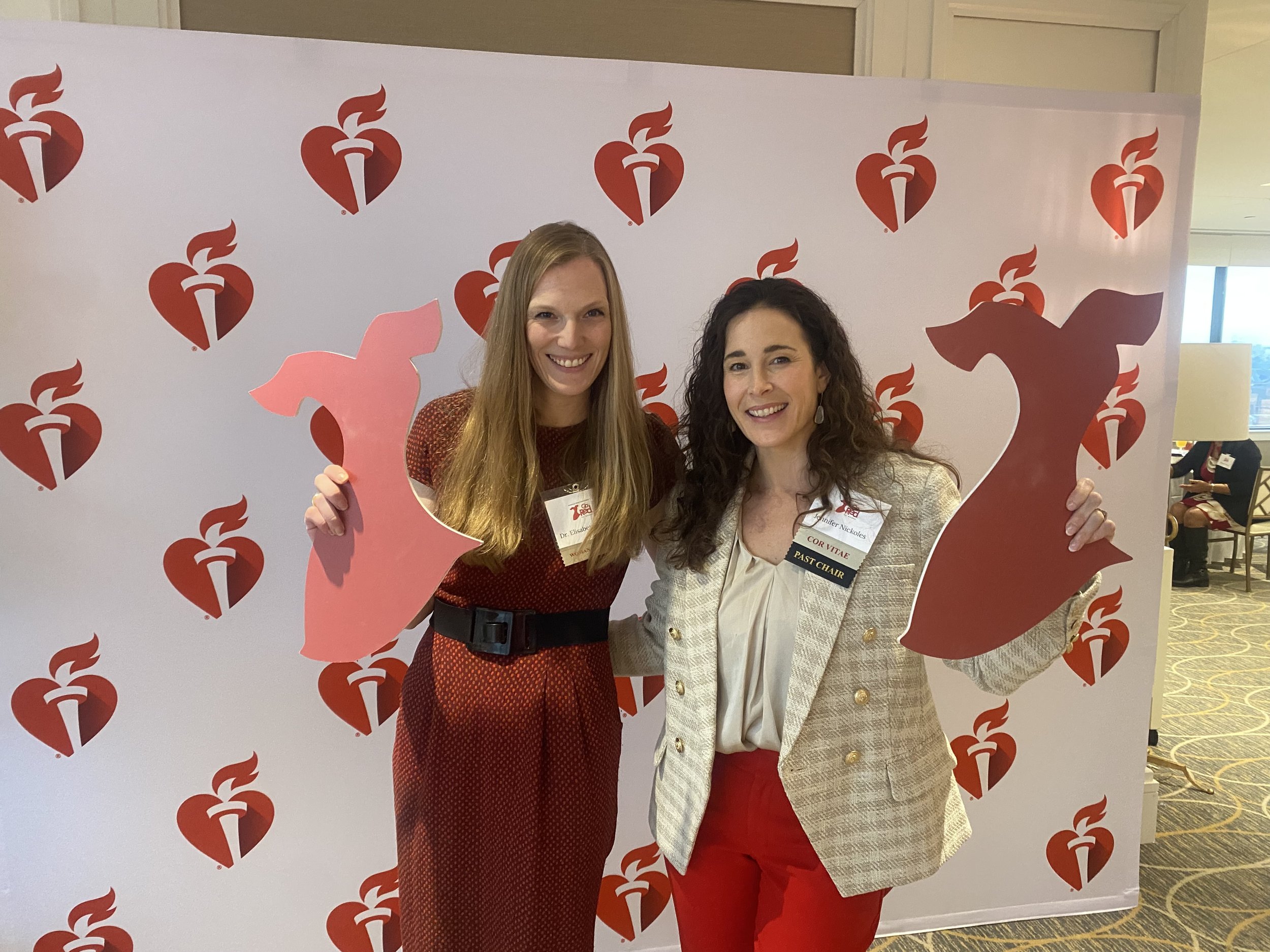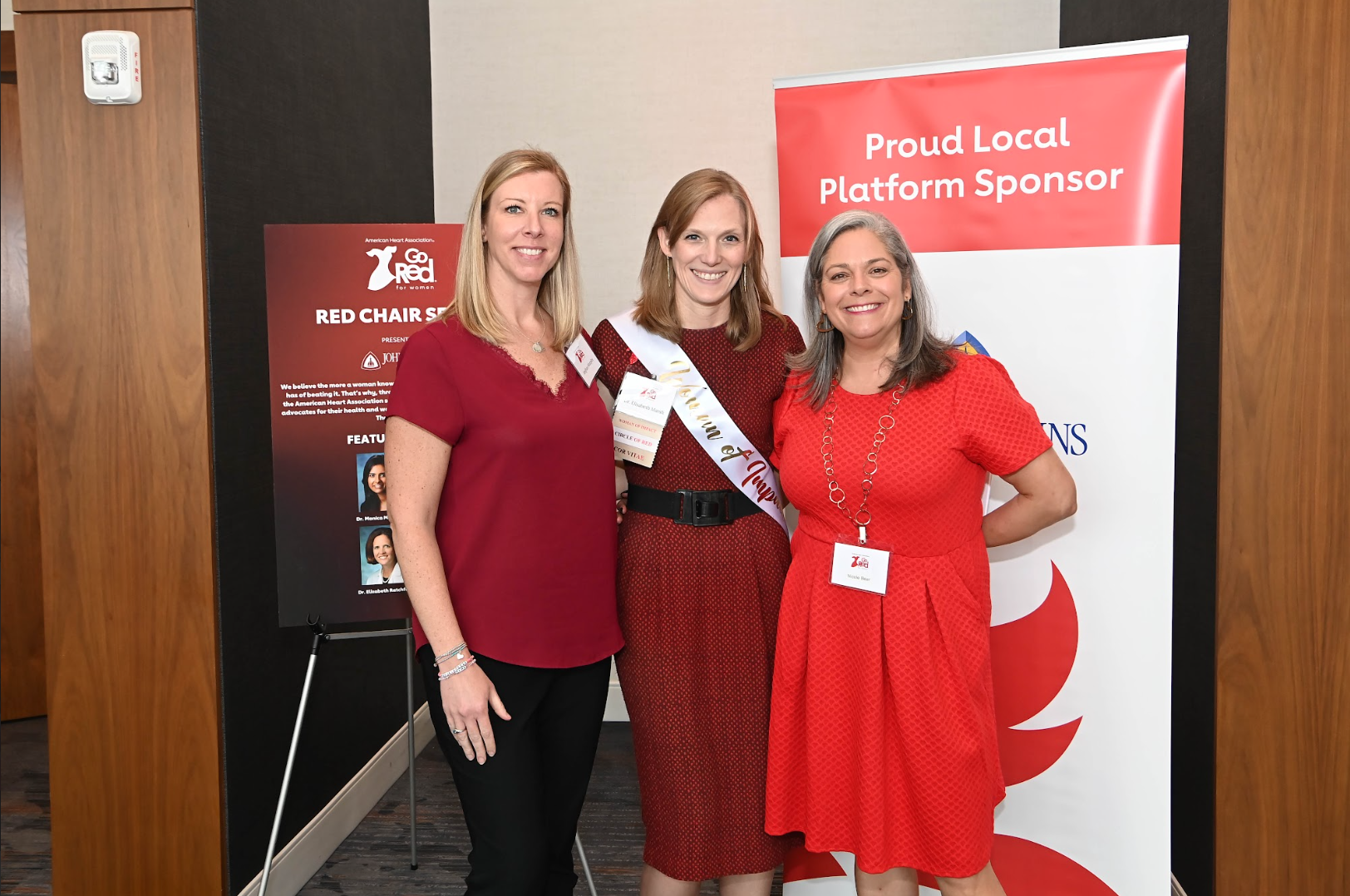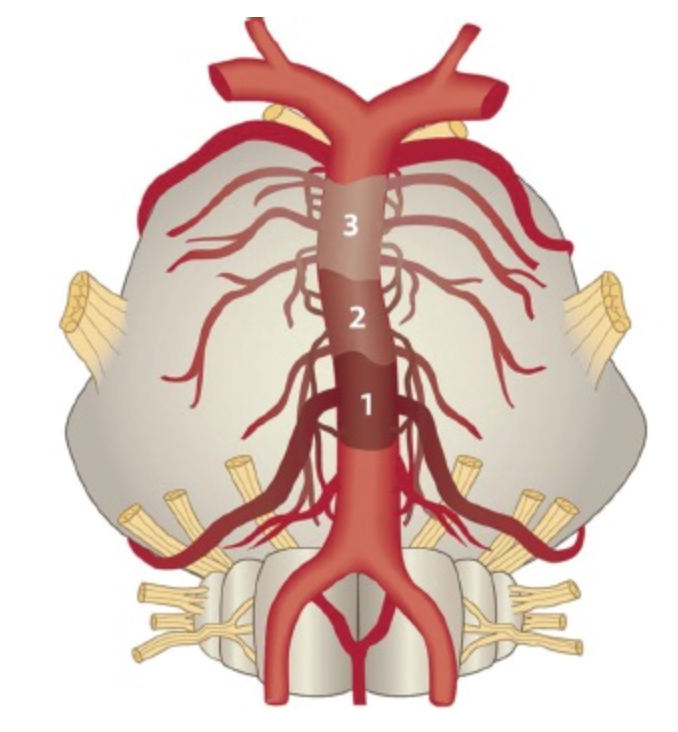Therapy to ‘Scramble’ Pain Signals May Help Reduce Poststroke Pain
Scrambler therapy, which involves administering electrical stimulation via electrodes placed on the skin in the area near where the pain is felt to “retrain” the brain to recognize pain signals as non-pain signals, was approved by the FDA in 2009 to treat patients with chronic or neuropathic pain. It could also benefit patients with stroke, however, with a new study showing that those who had five sessions of scrambler therapy reported a significant reduction in pain
CNN:
Rate of stroke deaths among middle-age US adults hit two-decade high during Covid pandemic, report shows.
Area Woman of Impact 2024
Dr. Marsh is incredibly honored to have been named this year’s area Woman of Impact. This is an achievement that could not have been accomplished without the help of all the wonderful donors, team members, friends, and colleagues who helped raise a significant amount of money that will help generate awareness and make the greatest impact possible on women’s health and that of our communities.
“I had a great time over the last nine weeks working with my kids, and their schools, and our church; with my patients, and my team at the hospital; to really raise awareness and to raise funds. It’s been a pleasure working with all of you, so thank you, I am truly honored.” – Dr. Marsh
“While taking the class Cognitive Neuroscience with Professor Mick Bonner in my freshman year, I heard my future PI Dr. Elisabeth Marsh present the five guiding principles she employs while working at the intersection of stroke research and clinical medicine. I joined the Marsh Lab soon after. While I was interested in learning more about stroke, I did not understand the true complexities of the disease until the fall of 2022, when my grandpa suffered from a stroke.”
Q&A: AAN issues guidance on COVID-19 vaccine
Data show that patients with neurologic disease do not face greater risks of adverse neurologic events post-vaccination, while the risks from COVID-19 infection remain substantially higher. Neurologists are encouraged to reassure their patients, explain the benefits versus low risks of vaccination, and consider optimal timing for immunosuppressed individuals receiving therapies
AAN Issues Statement on COVID-19 Vaccine
Vaccine benefits outweigh risk of post-vaccination complications, committee says.
No Differences in Outcomes Between Endovascular Treatment and Medical Care for BAO
Endovascular therapy not more effective than standard medical care for basilar artery occlusion, a type of posterior circulation stroke. However, basilar artery occlusion can mimic nonstroke conditions and is difficult to diagnose.
Exploring the Collateral Damage of the COVID-19 Pandemic on Stroke Care: A statewide Analysis
Balucani C, Carhuapoma JR, Canner JK, Faigle R, Johnson B, Aycock A, Phipps MS, Schrier C, Yarbrough K, Toral L, Groman S, Lawrence E, Aldrich E, Godszmidt A, Marsh E, Urrutia, VC. Exploring the Collateral Damage of the COVID-19 Pandemic on Stroke Care: A Statewide Analysis. Stroke, in press
Presented at this year's International Stroke Conference, Dr. Marsh collaborated with stroke neurologists across the state of Maryland to show how the COVID-19 pandemic adversely affected acute stroke care.
Supporting Patients Through Small Strokes
In an edition of the CLOSLER series, Dr. Marsh writes about patients having difficulty with attention, concentration, and multitasking after small strokes.
It’s All Relative
As part of the CLOSLER series, Dr. Marsh highlights the need to be mindful of patients’ varying perceptions of recovery and to be flexible during every patient interaction
Stroke Recovery: Does One Size Fit All?
Dr. Marsh and Dr. Llinas discuss interventions aimed at improving poststroke morbidity and quality of life. Such interventions include rehabilitation initiatives to address mood, fatigue, sleep, and cognition. Additionally, such rehabilitation initiatives should be tailored to the patient and their respective needs.
Independence after Stroke: Mind over Matter.
Dr. Marsh comments on the importance of cognition for a patient's independence poststroke. Following even a minor stroke, cognition may be substantially impaired. Cognitive impairments can affect the long-term outcome of the patient and reduce quality of life.
Marsh EB, Fazekas F. Independence after Stroke: Mind over Matter. Neurology. 2018 Nov 13;91(20):903-904. doi: 10.1212/WNL.0000000000006494. Epub 2018 Oct 17.
Post TIA Stroke Risk Continues For 5 Years
Dr. Marsh provided commentary in an article in Neurology Today stating that the risk of stroke following a transient ischemic attack (TIA) continues beyond one year. She noted that the continued risk for stroke highlights the importance to continue risk factor modification strategies.
Samson, K. (2018). POST-TIA STROKE RISK CONTINuES FOR 5 YEARS. Neurology Today, 18(15), 1. doi:10.1097/01.nt.0000544501.78577.3c































